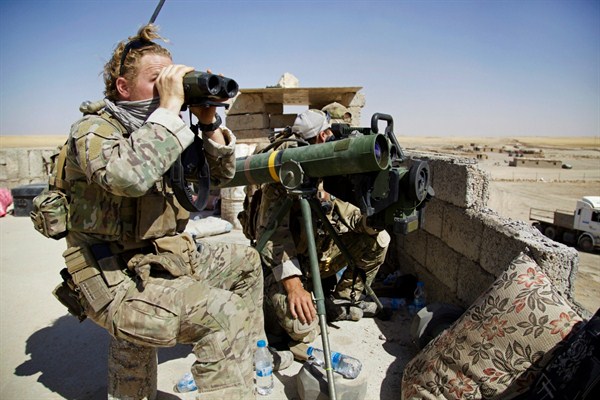The beginning of every academic year presents professors with a small cavalcade of perplexities and irritants. Universities use the summer break to come up with innovative administrative guidance and supposedly improved computer systems that inevitably backfire on first contact with students or teachers.
It normally takes just a few weeks to fix these glitches. But occasionally an academic will encounter a rather more significant challenge at the start of a semester: A creeping fear that their discipline is doomed. As someone who teaches International Conflict Resolution, or ICR, I currently feel something like that.
This is not because there is any shortage of smart professors or good students engaging in the field. There has been a boom in ICR studies over the past three decades. Prior to the end of the Cold War, most serious scholars who worried about conflict devoted a lot of time to thinking about the firing times and blast radii of nuclear weapons. From the late 1980s onwards, a growing number of academics started to delve into a wider set of problems, such as the dynamics of mediation, peacekeeping missions and the economics of peace.

